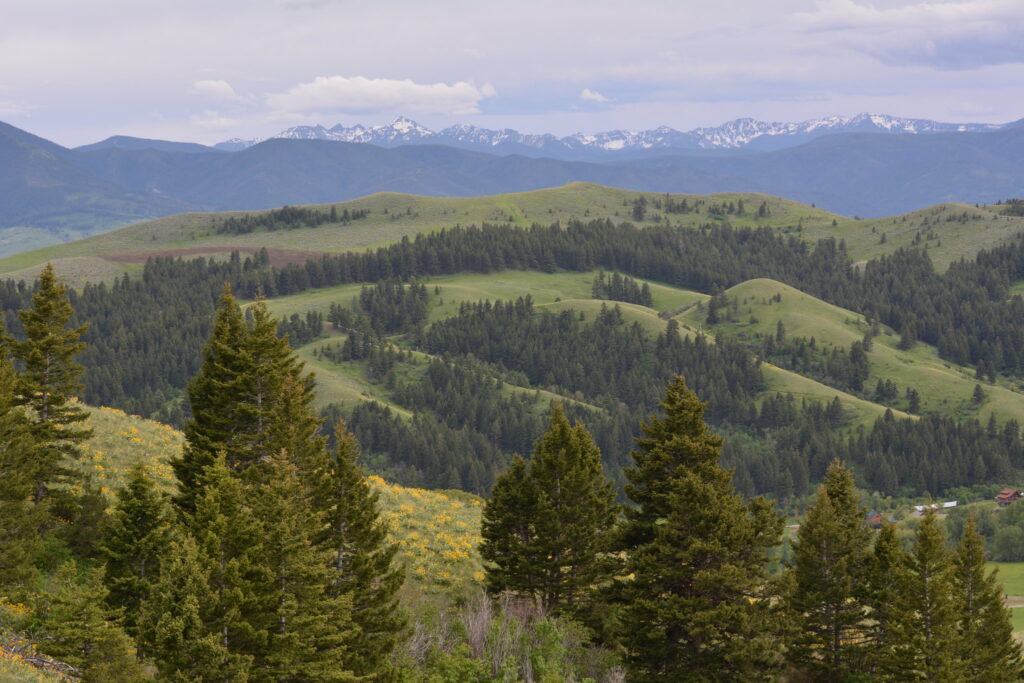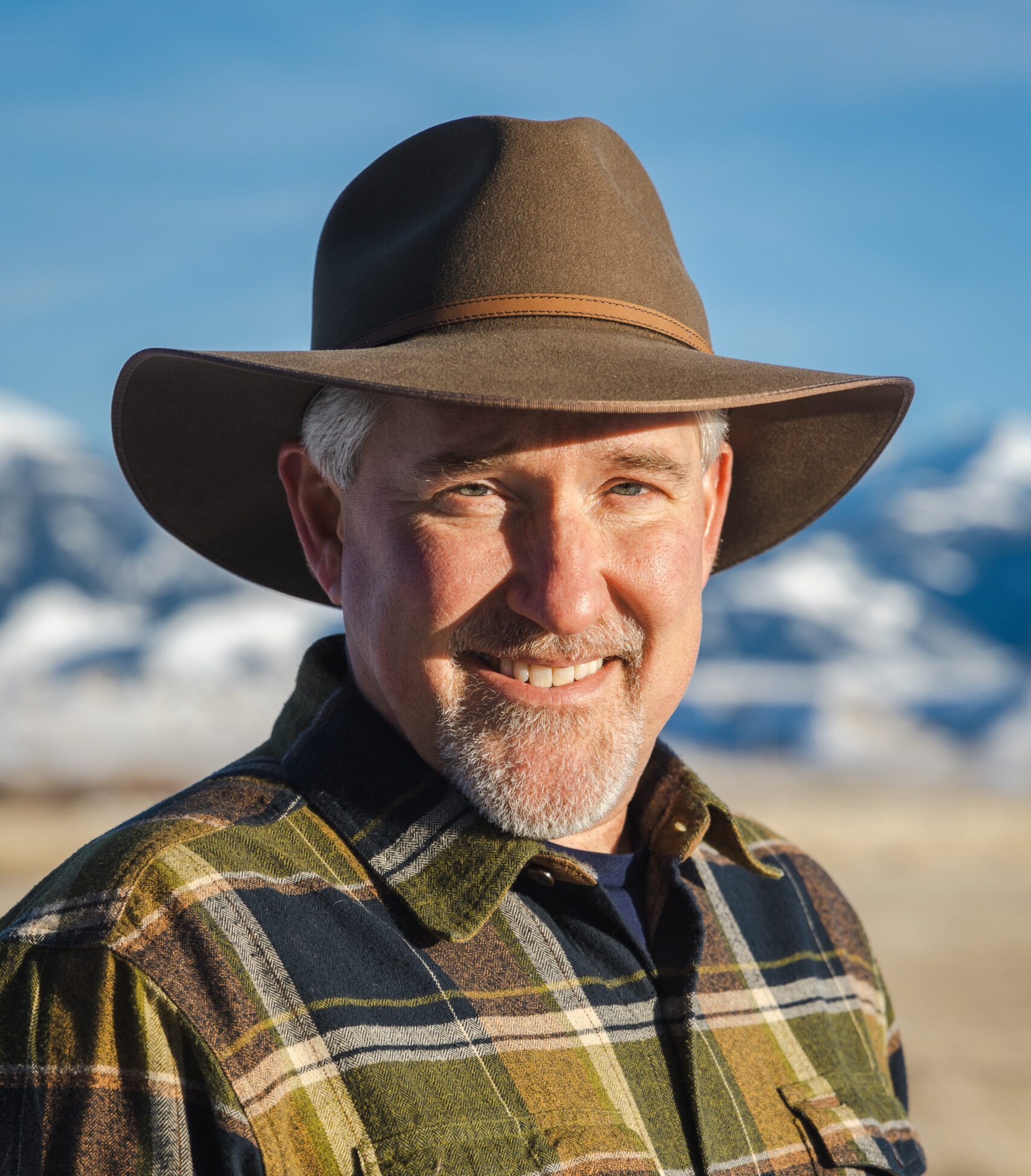
This article was originally published in the Bozeman Daily Chronicle.
Like many Montanans, I am relieved this political season has come to an end. While fall is unquestionably one of the best times of the year in our state, the nonstop TV ads and deluge of junk mail had me yearning for the morning after Election Day.
This year in particular, however, I had extra fatigue beyond all the now-standard political noise. That is because my Bozeman-based conservation nonprofit organization, The Property and Environment Research Center (PERC), disappointingly became election-year fodder in the recent Montana Senate race.
Specifically, a false accusation emerged alleging that our organization advocates for selling off public land — an accusation made by a politically slanted online news outlet discredited by Politifact, and yet embraced by the Senate campaign.
This came as a surprise to me because my colleagues and I spend our days working tirelessly with conservation organizations and public land agency officials to improve the health of our public lands. It turns out the origins of this canard date back to an essay a former employee wrote for another organization a quarter-century ago.
To set the record straight, PERC doesn’t advocate selling off public land. Instead, here is what PERC is actually doing to promote better management of public lands and long-term funding solutions in Montana and across America:
PERC is working to secure more resources for our national parks through creative funding models such as the Great American Outdoors Act and proposing a surcharge on international visitors, similar to how U.S. citizens pay more than locals when they visit parks overseas. This would provide hundreds of millions of dollars to help steward the parks and chip away at its $23 billion maintenance backlog. Here in Montana, Yellowstone National Park has also recognized PERC for our support on a range of issues including improved housing for park employees, supporting the park’s upkeep, and addressing transboundary wildlife issues.
We partner with the Bureau of Land Management on incentivizing more wild horse adoptions to mitigate damages caused to public land habitat by the wild horse overpopulation crisis. Specifically, we’ve helped shape an adoption incentive program that has placed 15,000 horses in loving homes while freeing up $66 million to restore rangeland habitat for native wildlife.
We also strongly advocate for accelerating healthy forest restoration efforts, working with the Forest Service on public outreach initiatives to grow awareness of its 80-million-acre restoration backlog and support efforts to mitigate wildfires by improving the health of our nation’s forests. Our efforts were instrumental in the bipartisan Fix Our Forests Act, which the House of Representatives passed in September with widespread support from both Democrats and Republicans.
Finally, in the tradition of Aldo Leopold, we pilot innovative, incentive-based conservation projects with ranchers on both private and public land as a way to conserve ungulate migration corridors as well as address carnivore conflict. We do this in places like Paradise Valley and the Gravelly Mountain Range because the health of the public’s wildlife depends not just on the open lands but the actions of our producers.
I’m proud of our work, and I never thought it would become fodder for a political attack ad. PERC is nonpartisan. We work with individuals of all backgrounds and political stripes to advance conservation by harnessing incentives and creative solutions.
And to attack a charitable nonprofit organization—one that employs wonderful Montanans and works with countless other conservation and hunting and fishing groups—seems like a new low in Montana politics. As the head of the Montana Nonprofit Association recently wrote in the Chronicle, “To paint an organization as something wholly different simply because you may not believe in the work that they do is disingenuous and harmful to the work of the (nonprofit) sector as a whole, which in turn is harmful for all Montanans.”
Now that the last ad of this campaign cycle has finally aired and all the votes are counted, we’ll gladly work with anyone to find common ground and continue advancing conservation. That’s been PERC’s track record.
And in America, where we need thoughtful adults in the room now more than ever, that’s how it should be.



